Precision slotted technology has revolutionized various industries by providing enhanced performance and durability. From automotive to aerospace applications, Precision machined slots tools offer unmatched reliability and accuracy. In this article, we delve into the intricacies of precision slotted technology, its benefits, applications, maintenance tips, and future trends.
Understanding Precision Slotted Technology
What is Precision Slotted?
High-precision slotting refers to the design of screws and screwdrivers with tightly engineered slots, ensuring optimal engagement and torque transmission. Unlike traditional slotted screws, precision slotted screws have precisely machined slots that minimize slippage and increase efficiency.
How does Precision Slotted work?
Precision cutting slots screws feature slots with precise dimensions that match corresponding screwdriver tips. This precise fit minimizes the risk of cam-out, where the screwdriver slips out of the slot, ensuring consistent torque application and preventing damage to the screw head.
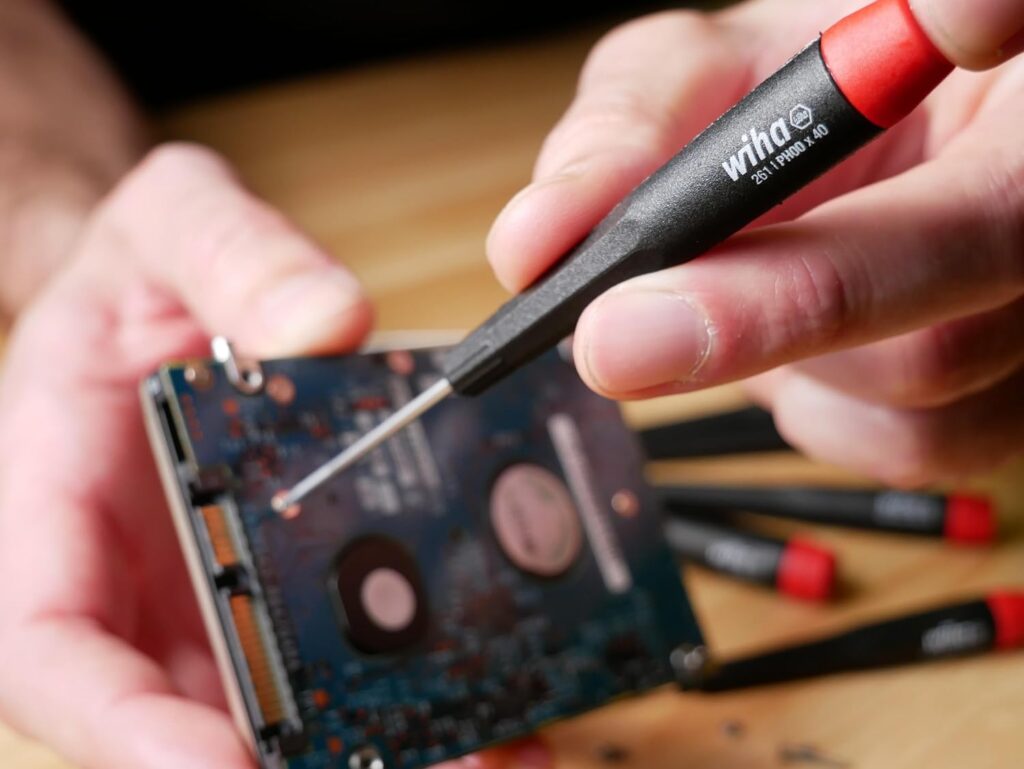
Benefits of Precision Slotted
Precision slotting tools technology offers several advantages:
Enhanced Performance
High-precision slotting screws provide superior torque transmission, reducing the likelihood of stripping or damaging screw heads. This results in smoother installation and removal processes, saving time and effort.
Increased Durability
The precise fit between Precision machined slots screws and screwdrivers minimizes wear and tear on both components, prolonging their lifespan. This enhanced durability translates to fewer replacements and reduced maintenance costs.
Improved Accuracy
Custom precision slotting screws offer greater control and accuracy during assembly tasks, resulting in tighter tolerances and higher quality finished products. This is particularly critical in industries where precision is paramount, such as aerospace and electronics manufacturing.
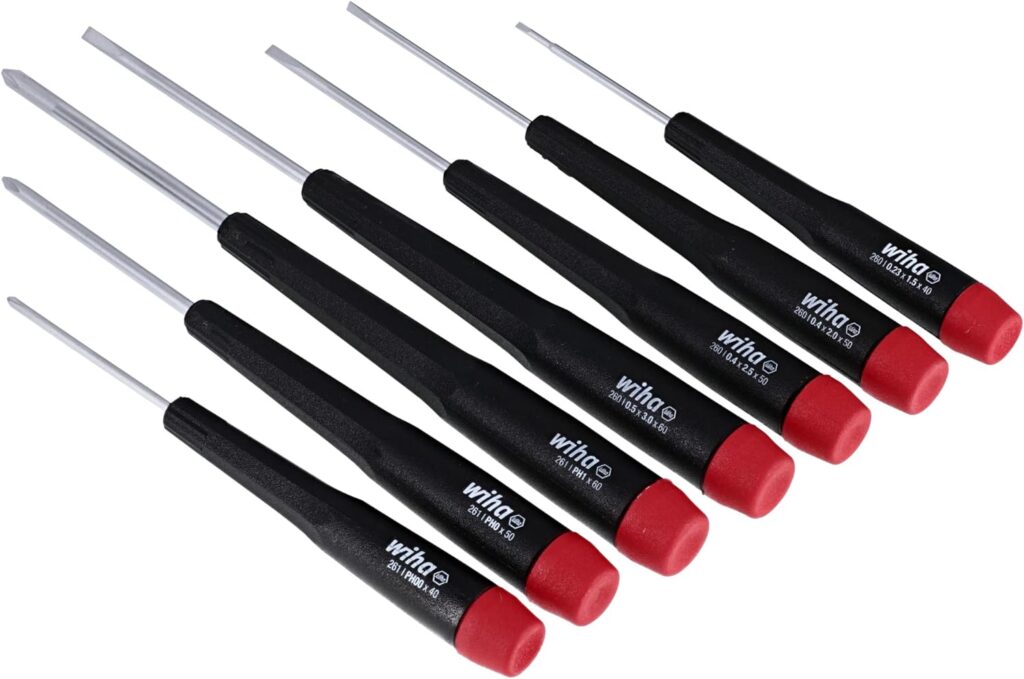
Applications of Precision Slotte
Custom precision slotting technology finds applications across various industries, including:
- Automotive industry: Used in vehicle assembly for securing components and fastening body panels.
- Aerospace industry: Critical for assembling aircraft components, ensuring structural integrity and reliability.
- Electronics manufacturing: Utilized in the production of electronic devices, such as smartphones and laptops, for securing internal components.
Considerations for Selection
- Material: Opt for high-quality materials, such as stainless steel or hardened alloys, for durability and corrosion resistance.
- Size: Choose the appropriate screw size and slot width to match the application requirements.
- Compatibility: Ensure compatibility between the screwdriver tip and screw head to prevent damage and ensure proper engagement.
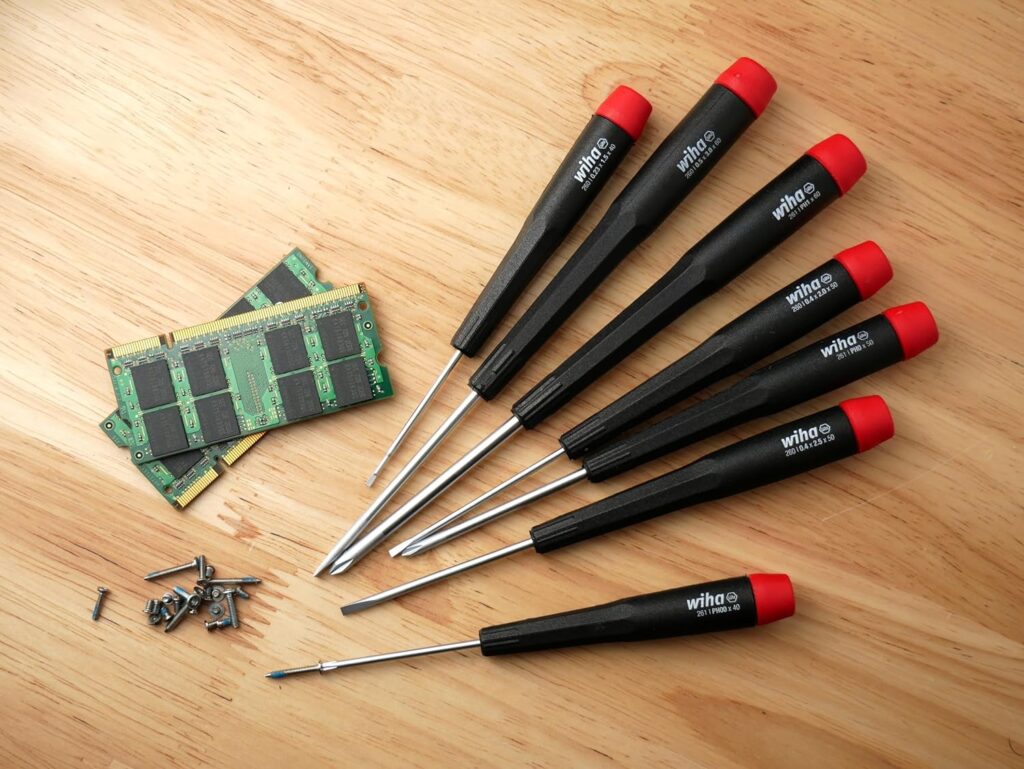
Factors Influencing Choice
- Industry requirements: Consider specific industry standards and regulations governing screw and screwdriver specifications.
- Application environment: Assess factors such as temperature, pressure, and exposure to chemicals or contaminants that may impact performance.
Maintenance and Care Tips for Precision Slotted Tools
To maximize the lifespan and performance of precision slotted tools, follow these maintenance tips:
Regular Cleaning
- Remove debris and contaminants from screw heads and slots using a soft brush or compressed air.
- Avoid using abrasive materials that could scratch or damage the surface.
Proper Storage
- Store Precision cutting slots tools in a clean, dry environment to prevent corrosion and degradation.
- Use protective cases or organizers to keep tools organized and minimize the risk of damage during transport or storage.
Lubrication
- Apply a small amount of lubricant to screw threads and slots to reduce friction and prevent seizing.
- Use lubricants compatible with the materials of the screw and surrounding components to avoid adverse reactions.
Common Mistakes to Avoid
When using Precision cutting slots tools, beware of the following common mistakes:
Over-tightening Screws
- Applying excessive torque can strip or deform screw heads, compromising their integrity and making removal difficult.
- Use a torque-limiting screwdriver or torque wrench to prevent over-tightening and ensure proper fastening.
Using the Wrong Size or Type of Screwdriver
- Using a mismatched screwdriver tip can damage the screw head, resulting in slippage, stripping, or deformation.
- Select the appropriate screwdriver size and type, ensuring a snug fit and optimal torque transfer.
Neglecting Maintenance
- Failing to clean and lubricate precision slotting tools regularly can lead to premature wear and corrosion.
- Establish a maintenance schedule and adhere to recommended procedures to prolong the lifespan of your tools.
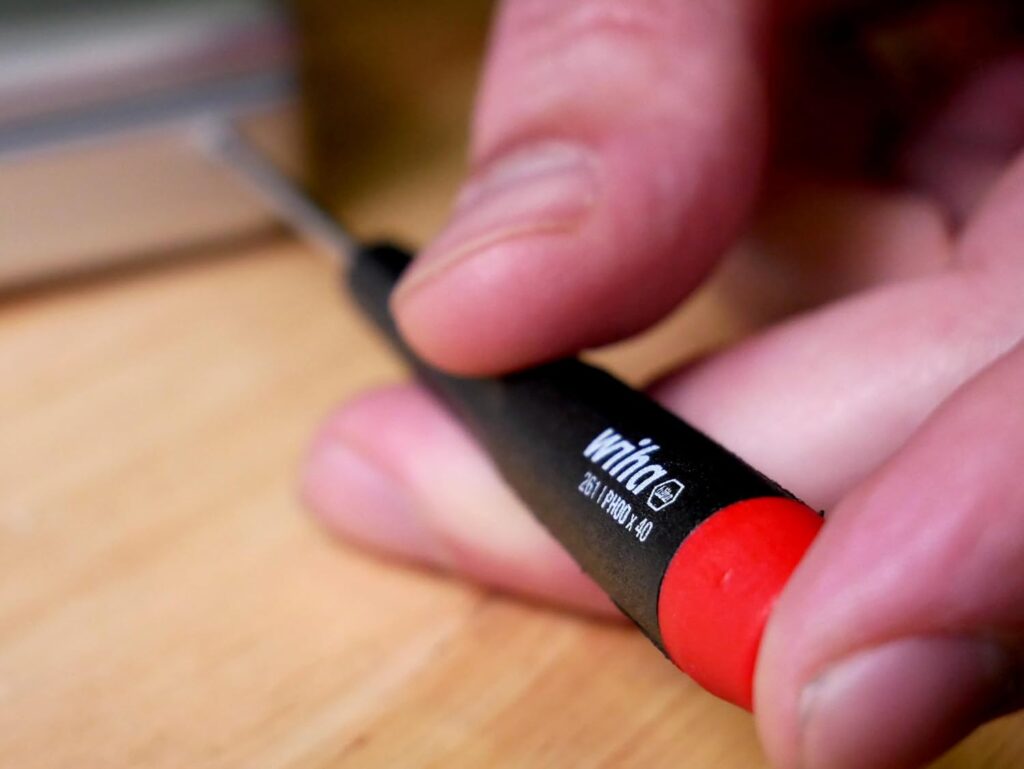
Future Trends in Precision Slotted Technology
The future of Precision slotting methods technology holds exciting possibilities, including:
Advancements in Materials
- Continued research into advanced materials, such as carbon fiber composites and nano-coatings, could further enhance the performance and durability of Precision slotting applications tools.
Integration with Smart Technology
- Integration of Custom precision slotting tools with smart features, such as RFID tagging and remote monitoring, could streamline inventory management and maintenance processes.
Conclusion
Precision machined slots technology represents a significant advancement in fastening solutions, offering enhanced performance, durability, and accuracy across various industries. By understanding the principles of precision slotting design and adopting best practices for selection and maintenance, businesses can optimize their assembly processes and achieve superior results.
FAQs
- 1. Are Precision slotting methods screws compatible with standard screwdrivers?
- Yes, Slotted machining accuracy screws can be used with standard screwdrivers, but it’s recommended to use screwdrivers with matching tip sizes for optimal performance.
- 2. Can Slotted machining accuracy tools be used in high-torque applications?
- Yes, Custom precision slotting tools are designed to withstand high-torque applications, but it’s essential to use the correct size and type of screwdriver to prevent damage.
- 3. How often should precision slotting tools be lubricated?
- It’s recommended to lubricate High-precision slotting tools periodically, depending on usage frequency and operating conditions. A general guideline is to lubricate them every few months or as needed.
- 4. What industries benefit the most from High-precision slotting technology?
- Industries such as automotive, aerospace, and electronics manufacturing benefit significantly from Precision cutting slots technology due to its reliability, accuracy, and durability.
- 5. Can Precision Slotted screws be reused?
- Yes, Precision slotting tools screws can be reused multiple times if they are not damaged or deformed during installation or removal processes.
Product information
Technical Details
| Brand | Wiha |
|---|---|
| Number of Items | 1 |
| Head Style | Phillips |
| Material | Blend |
| Color | Multi |
| Recommended Uses For Product | precision work, tech work |
| Special Feature | Rotating Cap |
| Item Dimensions LxWxH | 1.4 x 7.1 x 9.3 inches |
| Item Weight | 0.31 Pounds |
| Model Name | 7 Piece Precision Slotted and Phillips Screwdriver Set |
| Manufacturer | Wiha |
| Part Number | 26197 |
| Item Weight | 5 ounces |
| Product Dimensions | 1.4 x 7.1 x 9.3 inches |
| Country of Origin | Poland |
| Item model number | 26197 |
| Is Discontinued By Manufacturer | No |
| Size | Оne Расk |
| Style | screwdriver |
| Shape | tool |
| Item Package Quantity | 1 |
| Measurement System | Metric |
| Grit Rating | 26197 |
| Special Features | Rotating Cap |
| Included Components | The 7-Piece Classic Precision Screwdriver Set Includes: Phillips #00, #0, #1 | Slotted 1.5, 2.0, 2.5, 3.0mm |
| Batteries Included? | No |
| Batteries Required? | No |
| Warranty Description | Backed by the Wiha No Hassle Guarantee |

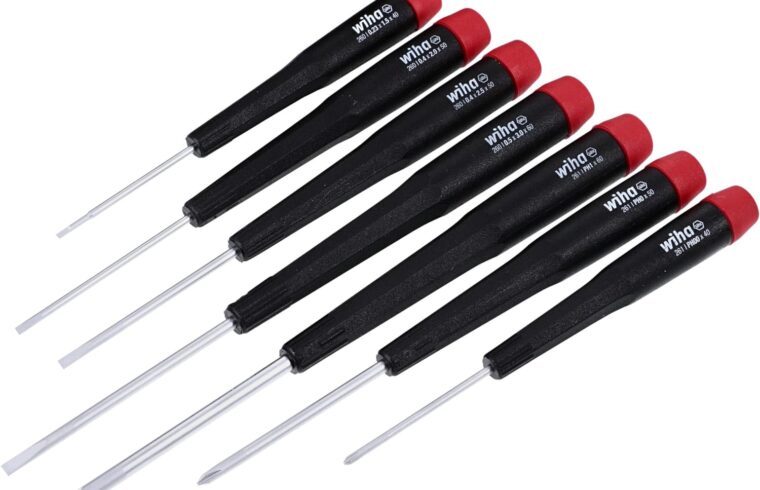
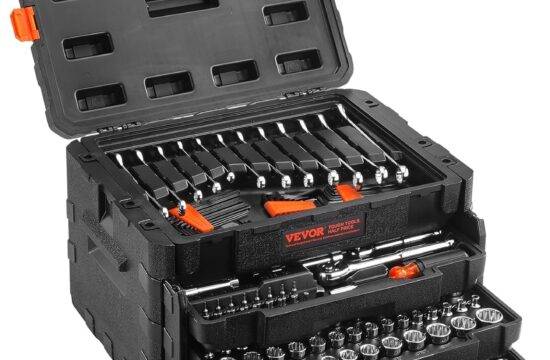
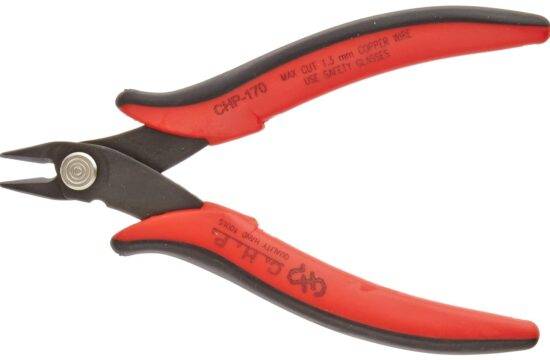
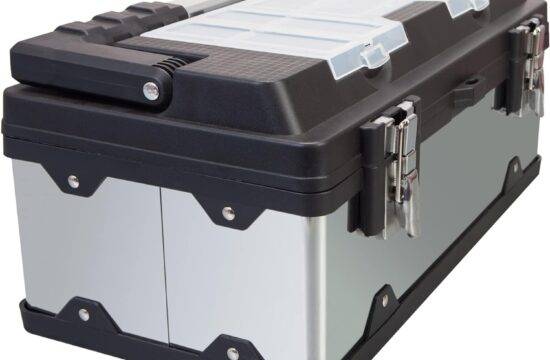
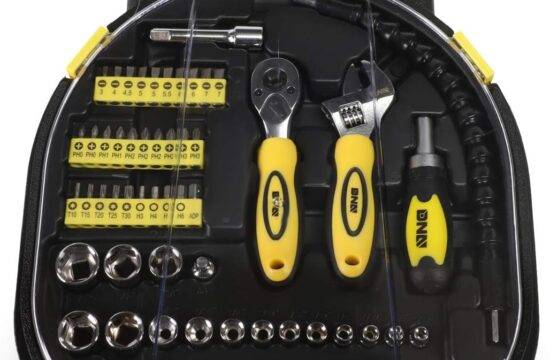
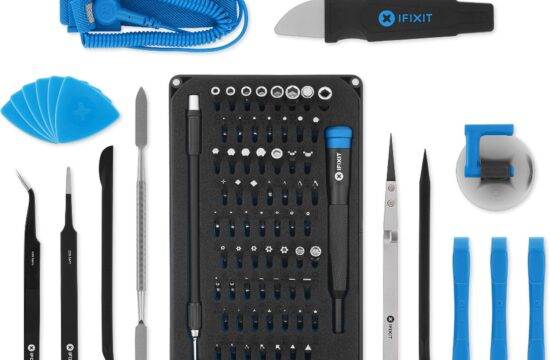
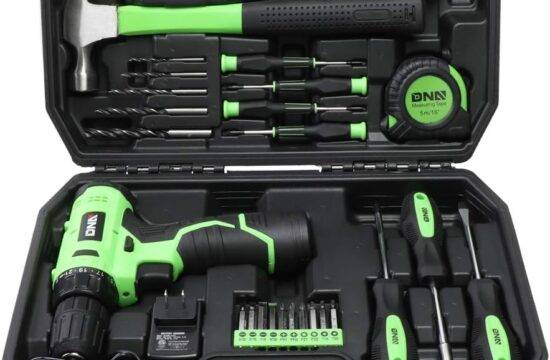
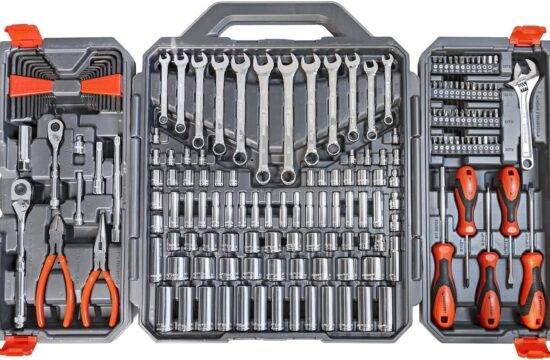
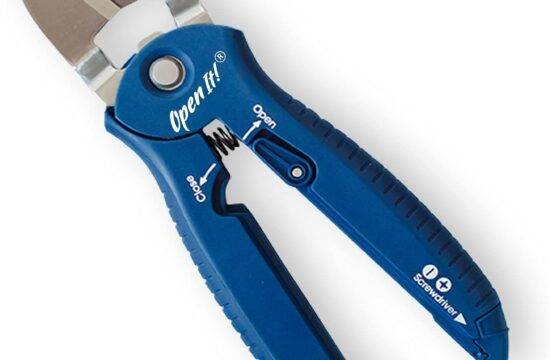
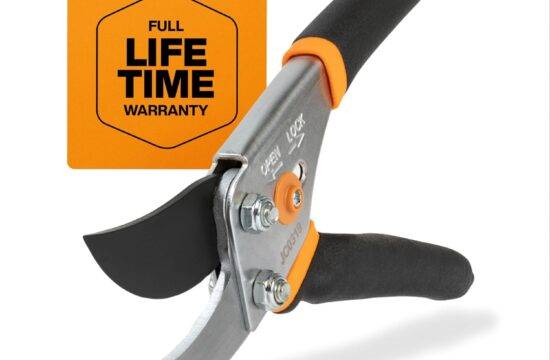
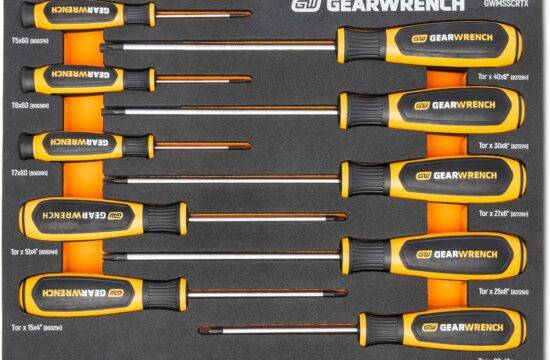

Comments